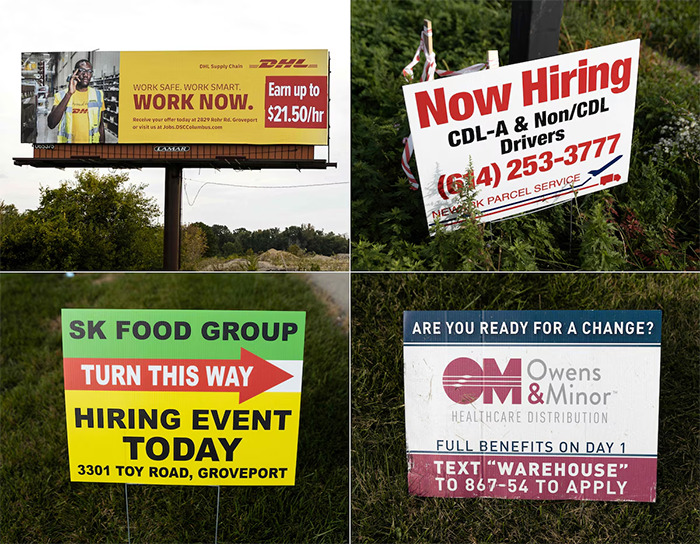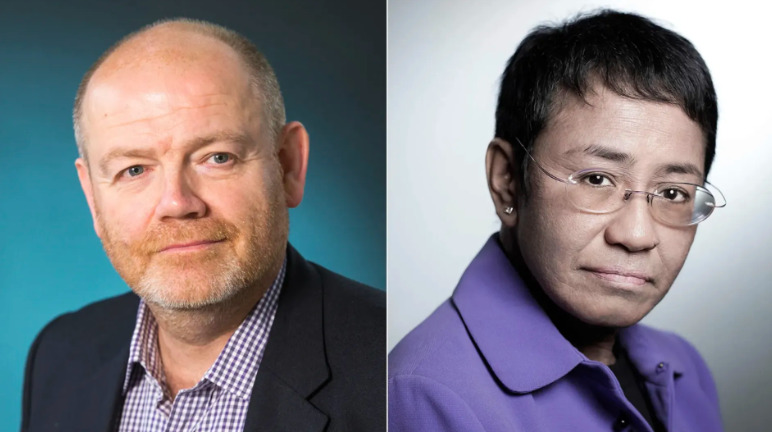
One reason so many are quitting: We want control over our lives again
The pandemic, and the challenges of balancing life and work during it, have stripped us of agency. Resigning is one way of regaining a sense…
Thought Leader: Amy Cuddy

Four years after the COVID-19 pandemic disrupted all facets of life, including the workplace, there are even more challenges and headaches for company leaders: Talent and education shortages. Reskilling demands. Massive quiet quitting. The radical disruption of AI. Uncivil workplaces.
SHRM President and Chief Executive Officer Johnny C. Taylor, Jr., SHRM-SCP, has a message for the HR professionals who are at the center of it all: Embrace the challenge.
“A storm is coming for HR. It’s not one or two things. It’s the worst kind of storm, with many forces that will come together at one time,” he told some 26,000 HR leaders attending the SHRM Annual Conference & Expo 2024 (SHRM24) on June 24, in Chicago and virtually. “We have to do something. We can’t stand still and be pummeled by it. We can’t run from it. We can’t hide. We must run into it.”
HR has dealt with volatility before, Taylor said in his Main Stage speech, noting that the pandemic, the Great Resignation, and other challenges over the past few years have helped HR prove its worth and influence. But the next set of challenges is shaping up to be much more difficult.
“This time, it’s not time-limited by the pandemic or the economy or by war,” he said. Instead, the challenges are going to “disrupt our workplaces, the lives of our people, and the health of our businesses continuously for decades to come.”
In the next 10 years, more than 1 billion jobs will be transformed by technology, with a McKinsey & Company report finding that as much as 30% of the workforce could be jobless in seven years because of AI. And only 12% of HR professionals think their organization is using the technology effectively, Taylor said.
Meanwhile, SHRM’s new Civility Index—which gauges how often people say they have experienced or witnessed uncivil behavior—finds that incivility is plaguing the workplace. And things will only worsen with the U.S. presidential election coming up this fall.
“We are marching right into a storm like we’ve never seen,” Taylor said.
That’s why, he urged HR leaders to address the challenges head-on by upskilling employees, embracing AI, and practicing civility.
The skills gap is stressing “our competitiveness, economy, our communities and our families,” Taylor said. Organizations should stop overemphasizing traditional college pathways and instead put more focus on other forms of education, such as vocational training, apprenticeships, and continued reskilling opportunities for workers, he said. Taylor announced that SHRM is partnering with ETS, a global education and talent solutions organization, to enable lifelong learners to be future-ready. In the coming year, SHRM and ETS will partner to build a universal skills assessment for front-line workers and develop a Skills-First Talent Practices credential for HR professionals.
“We need agile, curious learners who can adapt and uber-empathetic managers who can lead confidently through uncertainty,” Taylor said.
Meanwhile, AI “isn’t a maybe, it’s inevitable,” Taylor said, urging HR leaders to amp up efforts to learn about the technology and work with it.
“We have to become experts on this thing,” he said. “We need to partner with IT and other parts of our organization to understand all of it. That’s the way we’ll survive.”
Without HR leading the charge in how AI is going to disrupt their organizations, their employees, and even their own professions, businesses will undoubtedly fall behind—and likely even fail. AI-driven job loss will be one of the most volatile political and social issues in the years ahead, Taylor predicted.
“We have to run toward learning,” he said.
Civility is a similarly alarming issue. “Workplace incivility is a gateway drug to workplace harassment,” Taylor warned. SHRM estimates that U.S. workers encounter more than 171 million acts or instances of incivility per day—or an estimated 62.8 billion acts of instances of incivility this year. Around 24.7 billion of those will occur in the workplace.
And with the election coming up, “we know that the temperature is rising in the workplace,” he said, noting that no matter who wins in November, SHRM will work with the next president on workplace issues.
Taylor called on HR and other workplace leaders to practice civil conversations. (SHRM is engaging businesses and individuals to be catalysts for civility through its “1 Million Civil Conversations” campaign.) Engaging in open and civil dialogue can bridge divides and build understanding—not only to create stronger workplaces, but also to promote the betterment of society, he said.
Taylor said the next couple of years will be a massive test for HR leaders, who are uniquely positioned to help employees and organizations weather the changes and uncertainty ahead. The ones who embrace the storm and the disruptions will ultimately be better for it.
“The spotlight is on us. People are wondering if HR has what it takes,” he said. “Choose the courage to run into the storm. You will come out of this wiser, stronger because you were not built to break.”
One reason so many are quitting: We want control over our lives again
The pandemic, and the challenges of balancing life and work during it, have stripped us of agency. Resigning is one way of regaining a sense…
Thought Leader: Amy Cuddy
Molly Fletcher: Can drive offset your burnout at work?
This piece is by Molly Fletcher. People assume that drive depletes energy. They believe that level of intensity, focus and daily effort leads to burnout.…
Thought Leader: Molly Fletcher
Sara Fischer: International Fund for Public Interest Media looks to raise $150M
This piece is by WWSG exclusive thought leader, Sara Fischer. An international fund that supports independent media on Wednesday unveiled an ambitious plan to raise…
Thought Leader: Sara Fischer

